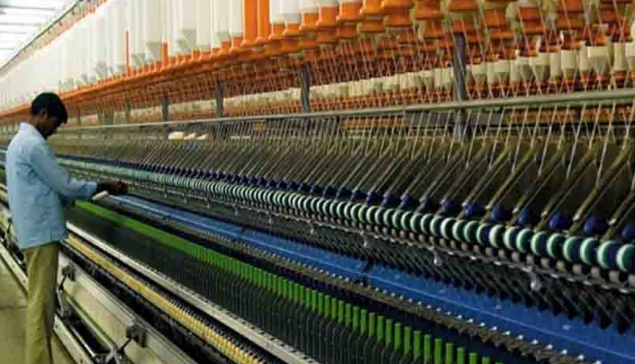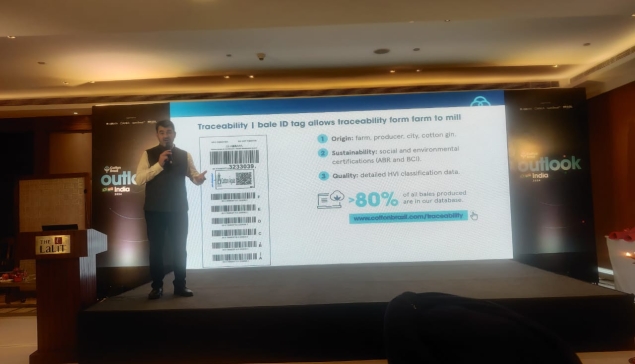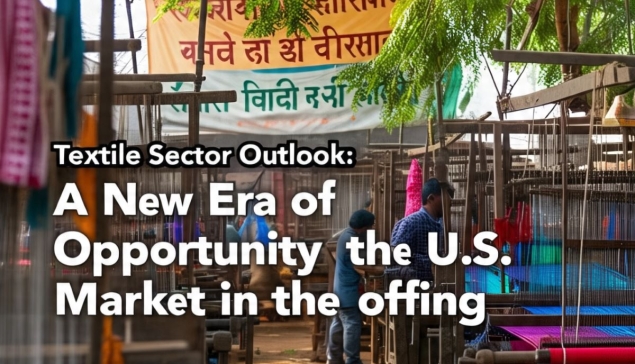In a world where fashion is a means of self-expression and a thriving $1.7 trillion industry, the environmental costs have become too severe to ignore. From the young Gen Z to the trend-conscious Millennials, today’s consumers want to be stylish, but there’s a hidden cost: the environmental footprint of fast fashion.
Impact of Textile Industry
The fashion industry is one of the largest and fastest-growing industries globally, with a market value of approximately $2.4 trillion.
However, this rapid growth comes at a significant environmental cost. The industry is responsible for 10% of global carbon emissions, making it an essential contributor to climate change.
Additionally, it is the second largest consumer of water worldwide, using 93 billion cubic meters of water annually.
One of the most alarming statistics is that a single cotton t-shirt requires 2,700 litres of fresh water to produce, enough to meet one person's drinking needs for 2.5 years.
The textile sector was the third-largest source of water degradation and land use in 2020, consuming an average of nine cubic meters of water and 400 square meters of land per EU citizen.
Fast fashion, characterized by mass production, low prices, and high sales volumes, exacerbates these issues by promoting frequent washing and disposal of clothes.
The Need for Sustainable Fashion
Given the dire environmental consequences of the fashion industry, there is an urgent need for sustainable alternatives. Brands like Zoiya are leading the way in this sector.
Zoiya is an Indian brand that aims to revolutionize the fashion industry by introducing eco-friendly products from natural fibres such as hemp, bamboo, and other plant-based materials. The brand aims to reduce pollution, lower water consumption, and cut carbon emissions while promoting rural employment and boosting local economies.
The Problem with “Greenwashing” and Polyester
While some fast-fashion brands have started offering “eco” collections, many still rely on polyester, an oil-derived synthetic fibre that takes hundreds of years to decompose.
In the guise of "sustainable" fashion, brands often use polyester for its durability and cost-effectiveness, leading consumers to believe they are making a responsible choice.
However, polyester is one of the main culprits of plastic pollution. Every wash cycle releases microplastics into the environment, eventually accumulating in oceans and affecting marine ecosystems.
Decoding Founders’ Vision
Siba’s understanding of sustainability at every level—from rural employment to reducing resource waste—guides Zoiya’s mission to reshape fashion responsibly.
By offering consumers an authentic choice to support sustainable living through conscious fashion, Zoiya can help them achieve their goals.
Zoiya is committed to leading the fashion industry toward sustainability ensuring every product is crafted from 100% biodegradable or recyclable materials. Its mission revolves around creating premium, eco-friendly products that appeal to consumers and protect the planet.




















